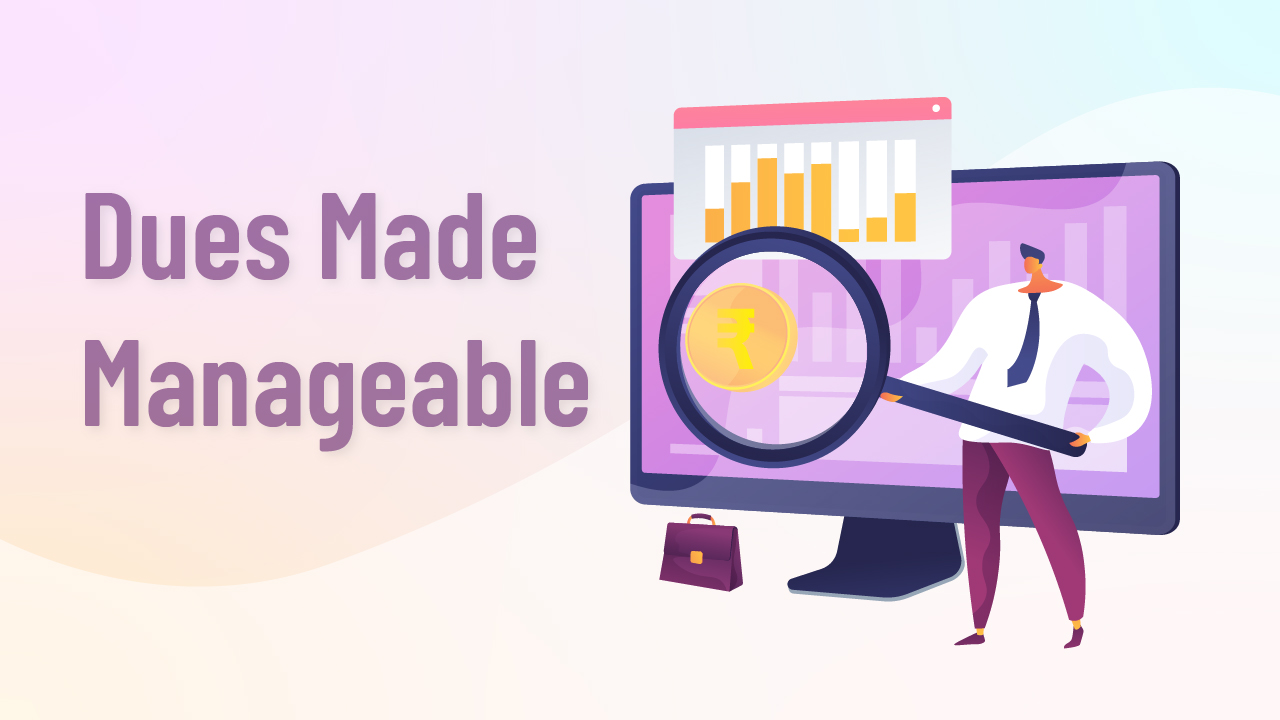Even though the world is technologically evolving, business owners spend countless hours on multiple tasks, most notably accounting. While accounting is crucial to running a business, you can spend less time on it. Budget planning, liquidity management, cash flows, and critical business information are essential to accounting in a business. Although the digitalization of accounting made the process easy, it needed to have the necessary speed, consuming too much time and resources. Even though the world is technologically evolving, business owners spend countless hours on multiple tasks, most notably accounting.
While accounting is a crucial part of running a business, it does not mean you have to spend so much time on it. Budget planning, liquidity management, cash flows, and critical business information are crucial parts of accounting in a business. Although the digitalization of accounting made the process easy, it lacked the necessary speed, consuming too much time and resources.
In the early 21st century, 2008, many businesses had gone bankrupt and faced vulnerability as they tied too much value in their assets in the form of inventory and real estate. They lacked the amount of cash readily available to meet their short-term necessities. Excessive liquid cash availability leads to the business owner’s inability to meet their long-term goals. Many finance managers realized that Managing liquidity in a business firm was the need of the hour.
What is liquidity management?
Liquidity management is the cash or liquid assets a company can use to meet its current or future needs. Insufficient liquidity can result in a risk of going out of business. Many business owners cannot understand the business’s cash flows, debits, and credits. Enterprises strive for market growth; hence liquidity management and investment opportunities can be a significant accounting challenge. Inadequate analytics and the inability to adapt to the new software technology lead to unanticipated results.
“If you fail to plan, you plan to fail.”
Budget planning is critical for any business to monitor and manage all financial-related data. We all know how necessary money is in our lives; of course, it is crucial in every business. It is not an overhyped statement when people say that every penny matters. In a corporation, every penny you spend has a job to accomplish. Based on your business goals, you create the most suitable plan with the business funds to achieve the goals. When you are not planning where your money should end up every month, you’re missing many essential opportunities to cut expenses and organize money where it can have a significant impact.
Why is Budget planning considered necessary?
Budget planning plays a significant role in obtaining financial health for the business and its customers. Tracking day-to-day alerting while overspending creates potential cash flow and debt reduction. ‘Time is money.’ Surprisingly, it best suits the scene of the accounting approach. One familiar challenge accountants face is the incapability of accessing accounting software or its data remotely. Adopting modern technology completes tasks accurately without errors with minimal human intervention and results in better productivity. Automation brings complete control of the economy with budgeting tools.
Due to the lack of integrated data from various departments, 90% of businesses cannot accomplish cost accounting, and doing it manually makes things worse. Automation provides a better understanding of cash flows and many terms in a business. The purpose is to simplify complex things. Automation is a robust platform that can streamline the definition and adds value to the business. Automation gives more time to do what your business is there for; it removes the least important things and gives time for analysis, strategy, and human interactions guiding your customers toward financial health.



